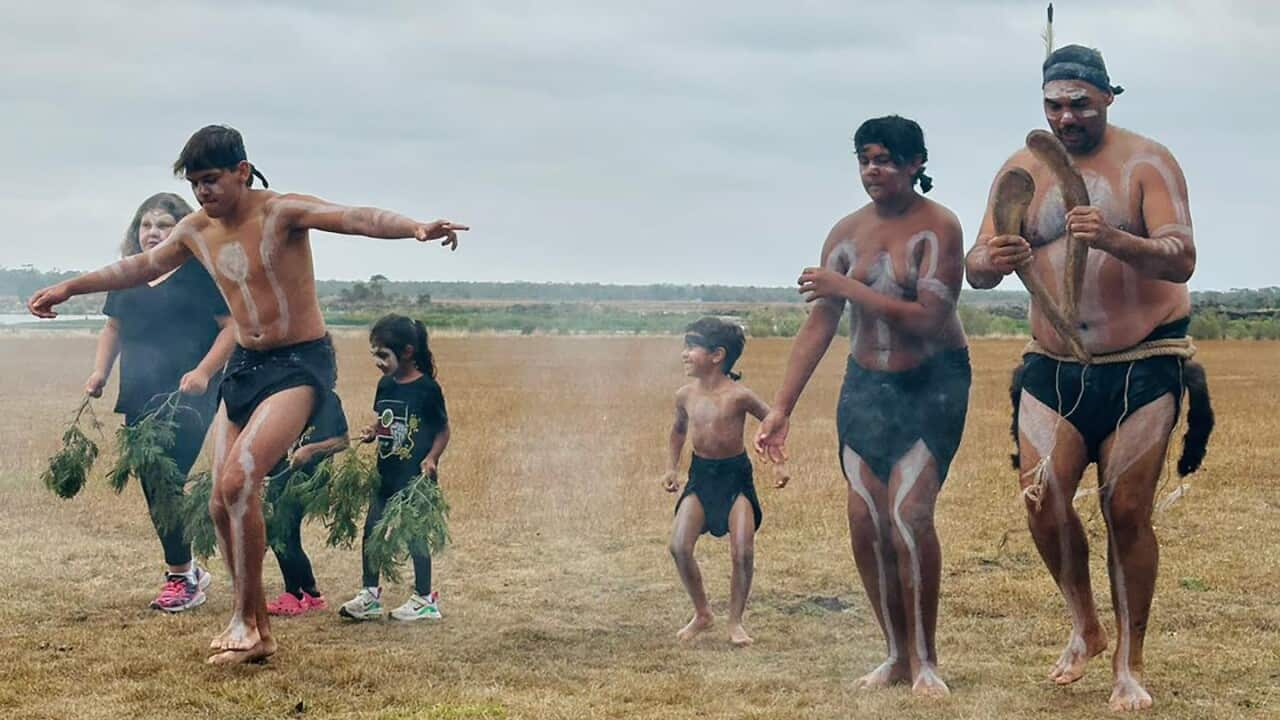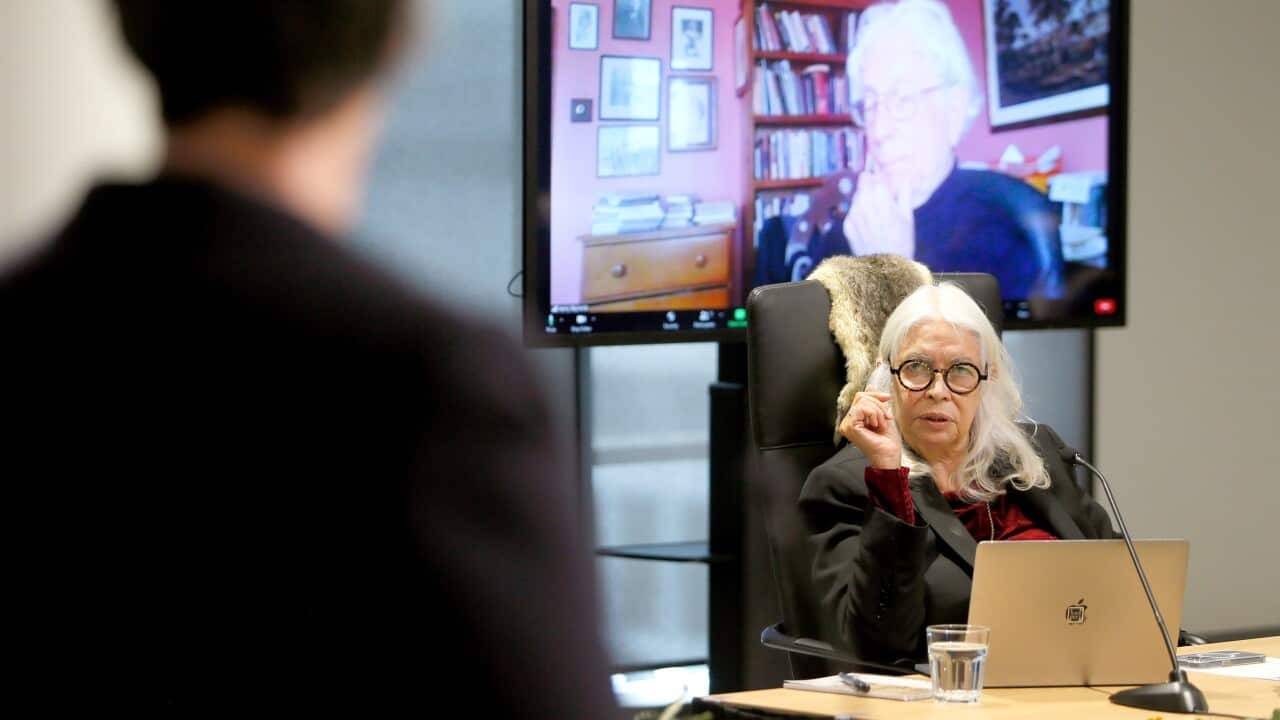The peak Aboriginal legal body in Victoria has dismissed the state government's response to the latest report from the Yoorrook Justice Commission as being "slapped together".
Handed down last September, the Commission's second interim report made 46 urgent recommendations, including raising the age of criminal responsibility and addressing child protection.
In its official response on Wednesday, the government announced it had accepted only four of those in full, while a further 24 have been accepted in principle.
More work was needed to "consider" 15 further recommendations, the government said.
The Victorian Aboriginal Legal Service said the response was "unworthy of the heart wrenching truths" revealed by the Yoorrook Commission.
"We have waited over 210 days for the Victorian government to respond to the Yoorrook for Justice Report and it reads like it was slapped together overnight," said Nerita Waight, CEO of the Victorian Aboriginal Legal Service, in a statement.
"The [response] does not give our people any confidence that they are ready to commit to the transformational change treaty requires when they can’t even lay the groundwork in the child protection and criminal justice systems,” the Yorta Yorta Narrandjeri woman said.
Inquest made 'stark' findings

Yoorrook Justice Commission Chair Professor Eleanor Bourke said the government's delay on a raft of recommendations was "disappointing". Source: AAP / JOEL CARRETT/AAPIMAGE
The Commission declared the testimony "stark", finding that First Nations people were exposed to "widespread systemic racism, harm and injustice across both systems".
Urgent recommendations included: facilitating legal proceedings being brought before the Victorian Civil and Administrative Tribunal for possible human rights abuses; an increase in funding for early support organisations; and raising the criminal age to 14.
Those recommendations however were not supported in full by the government.
The Chair of the Yoorrook Justice Commission, Professor Eleanor Bourke, expressed disappointment with the government's response.
"These recommendations were not made lightly. They go to the heart of addressing ongoing injustice against First Peoples," she said.
"Given the weight of evidence presented throughout the inquiry, which included deeply personal accounts from First Peoples witnesses of suffering which many continue to experience every day, Commissioners are disappointed by the government’s decision not to support three recommendations."
The government said in a statement that its response "reaffirms the state's commitment to the truth-telling process."
"Treaty and Truth, led by Aboriginal people, is the best way to deliver improved outcomes and close the gap," said the state's minister for Treaty and First Peoples, Natalie Hutchins.
"We thank First Peoples who participated in the Inquiry and appeared before the Commission for their ongoing strength and resilience.”
The minister has been contacted for comment regarding the views of Professor Bourke and Ms Waight.












